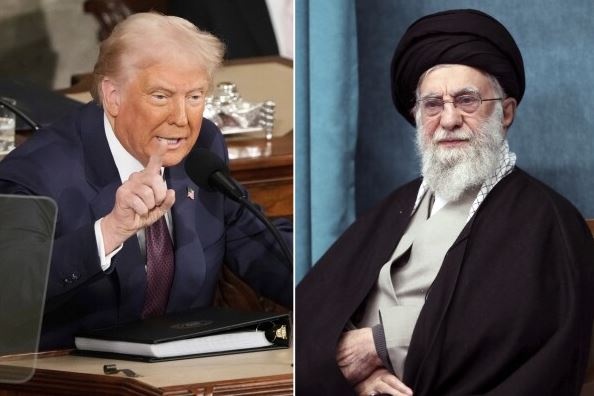Tehran, Iran – Iran has firmly ruled out direct negotiations with the United States, with Foreign Minister Abbas Araghchi labeling such talks “meaningless” amid escalating tensions. The rejection comes as Iranian leadership accuses Washington of sending mixed messages—offering dialogue while simultaneously issuing threats—undermining any prospect of meaningful diplomacy.
Araghchi’s comments reflect a deepening distrust of U.S. intentions, a sentiment shared by President Masoud Pezeshkian. In a pointed rebuke, Pezeshkian questioned the logic of American overtures, stating, “If you want negotiations, then what is the point of threatening?” The president’s remarks underscore Iran’s frustration with what it perceives as a lack of sincerity from the Biden administration, which has maintained a hardline stance on Iran’s nuclear program and regional activities while occasionally floating the idea of talks.
Also Read: Inspectors Warn of Over 100 Suspected Chemical Weapons Sites Still Hidden in Syria
Despite the refusal to engage directly, Iranian officials have not entirely closed the door to diplomacy. They signaled a willingness to continue indirect negotiations, potentially through intermediaries, as has been the case in past dealings over the stalled 2015 nuclear deal. However, this openness is tempered by a stark warning: Iran is fully prepared for war if pushed too far. Top officials emphasized the country’s military readiness, pointing to its bolstered defenses and regional alliances as a deterrent against any aggression.
The standoff comes at a volatile moment, with U.S.-Iran relations strained by sanctions, military posturing in the Middle East, and Iran’s advancing nuclear capabilities. Analysts suggest that Tehran’s dual stance—open to back-channel talks yet braced for conflict—reflects a strategic calculation to maintain leverage while avoiding immediate escalation. For now, the prospect of face-to-face dialogue remains off the table, leaving the two nations locked in a tense and uncertain impasse.
Key Points: Iran Rejects Direct Talks with U.S.
- Talks Dismissed: Iranian Foreign Minister Abbas Araghchi called direct negotiations with the U.S. “meaningless,” citing Washington’s threats and inconsistent signals.
- Presidential Skepticism: President Masoud Pezeshkian questioned U.S. sincerity, asking, “If you want negotiations, then what is the point of threatening?”
- Indirect Diplomacy Option: While rejecting direct talks, Iran remains open to indirect negotiations, possibly through intermediaries, as in past nuclear deal discussions.
- War Readiness: Top Iranian officials stressed the country’s preparedness for conflict, highlighting its military capabilities and regional alliances.
- Tense Context: The rejection occurs amid strained U.S.-Iran relations, driven by sanctions, nuclear disputes, and military tensions in the Middle East.



